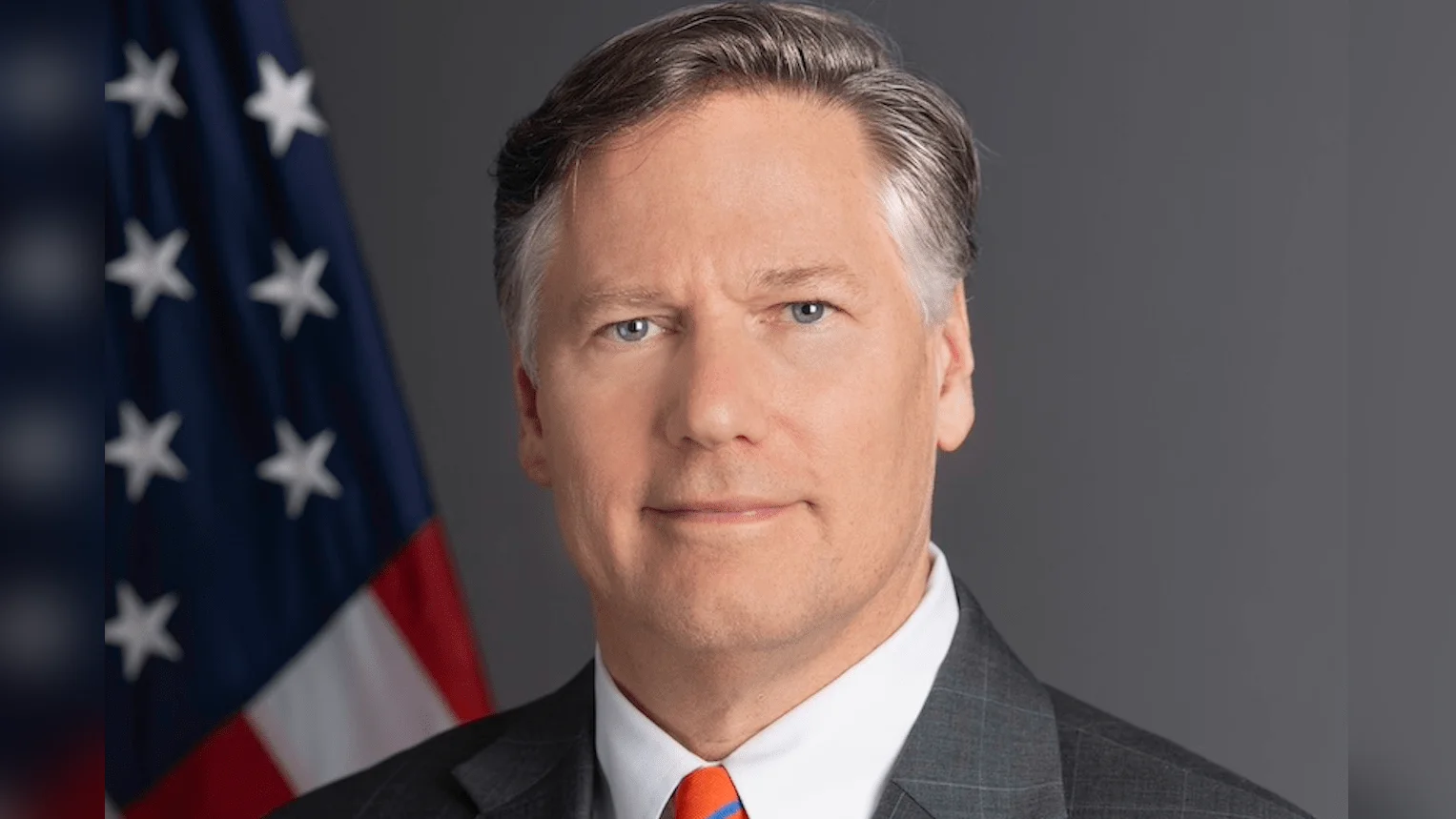The United States has reaffirmed its commitment to strengthening ties with the Pacific Islands, according to statements made at a U.S.-Pacific Islands Forum (PIF) Roundtable held in Port Moresby, Papua New Guinea. Deputy Secretary of State Christopher Landau announced a renewed focus on delivering concrete benefits for both Americans and Pacific Islanders.
Efforts to enhance economic cooperation are central to the partnership. The Millennium Challenge Corporation Board of Directors recently selected Fiji for compact development and approved Tonga for a threshold program. These initiatives aim to encourage development partnerships that prioritize trade and investment with key Pacific Island partners.
Digital connectivity projects are also moving forward. The East Micronesia Cable, funded jointly by the United States, Australia, and Japan with over $95 million, is expected to connect more than 100,000 people across the Federated States of Micronesia, Kiribati, and Nauru by November 2025. Additional U.S. contributions include $7.5 million for cable branching units benefiting several island nations and $5 million toward connecting Tuvalu alongside Taiwan’s support. The initiative now totals over $100 million in donor funding.
The U.S. has provided $60 million through the South Pacific Tuna Treaty to enable American vessels to fish in the exclusive economic zones of 16 Pacific Island countries, generating significant revenue for the U.S. economy.
In critical minerals and seabed exploration, NOAA intends to provide $3.3 million for deep sea research in partnership with Congress and the State Department. This includes a 21-day expedition in October 2025 using the E/V Nautilus vessel around the Cook Islands. The Bureau of Ocean Energy Management plans $250,000 in technical assistance to support capacity building in seabed minerals for the Cook Islands.
On infrastructure development, new funding includes $5 million from Congress allocated through the U.S. Trade and Development Agency (USTDA) for project acceleration in key sectors such as airport infrastructure at Koror International Airport in Palau and digital technology upgrades in Fiji aimed at countering cyber threats.
Military construction projects have been programmed by the Department of War to improve ports and airports in Papua New Guinea, including Lae and Port Moresby. Projects include warehouse construction at Lae Port, flood mitigation at Jackson International Airport, fuel storage facilities, maritime training centers, and small boat facilities on Manus Island.
Financial connectivity efforts are supported by a $1.5 million Treasury grant via the World Bank’s Pacific Strengthening Correspondent Banking Relationships Project.
The United States is also contributing as the largest cumulative donor to the World Bank’s ongoing remediation project at Kiritimati Island airport in Kiribati with an allocation of $110 million.
To strengthen disaster response systems across various Pacific nations—including Papua New Guinea—the Center for Excellence in Disaster Management and Humanitarian Assistance (CFE-DM) updated its disaster management handbook marking 50 years of U.S.-Papua New Guinea relations.
Security cooperation remains a priority through agreements like the Framework for Strategic Cooperation signed between the United States and Papua New Guinea covering defense, maritime security, law enforcement, critical minerals, infrastructure development, economic issues, and digital economy collaboration.
Unexploded ordnance programs continue throughout several island nations; this year saw an additional $2 million allocated to expand efforts within Papua New Guinea.
Further support includes $20 million from State Department partnerships directed toward fiscal stability measures in Palau.
The U.S. Coast Guard maintains twelve bilateral maritime law enforcement agreements known as “Shiprider Agreements.” In 2024 alone USCG cutters conducted two patrols within Papua New Guinea’s exclusive economic zone under these agreements—conducting fourteen boardings focused on countering illegal fishing operations.
Foreign military financing totaling $11 million is being used to boost humanitarian assistance capabilities within PNG’s Defense Force while promoting participation in multilateral exercises like Talisman Sabre alongside Australia.
Law enforcement training is set to expand with an advisor from Homeland Security Federal Law Enforcement Training Centers assisting police recruitment and retention efforts consistent with Prime Minister Marape’s agenda on law and order.
Health initiatives remain active across disease prevention efforts: CDC provides ongoing technical assistance against vector-borne diseases like dengue fever through regional networks; a dengue early warning system has been developed; regional coordination on vector management continues; global health security partnerships are being maintained bilaterally (notably with Fiji and PNG); PEPFAR investments since 2018 total nearly $27 million supporting HIV/AIDS epidemic control measures within PNG.
People-to-people engagement includes programs like Young Pacific Leaders workshops scheduled for October focusing on security challenges faced by emerging leaders—and continued Peace Corps volunteer deployments throughout local communities.





